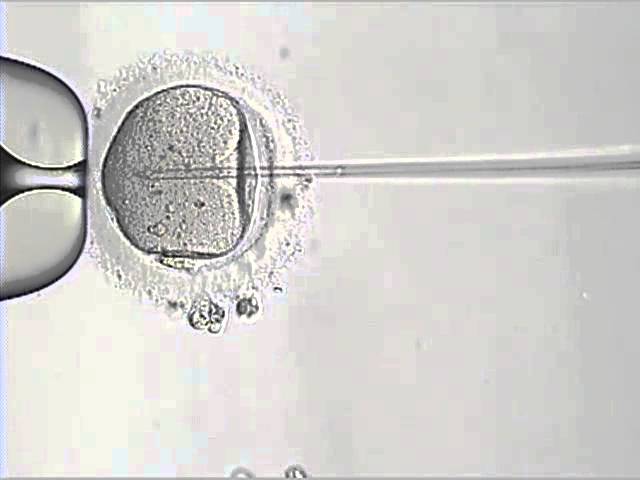Who developed infertility treatment and how?
Intracytoplasmic sperm injection - ICSI is the process of injecting a single sperm into the egg. This method can be especially helpful in cases of infertility caused by various sperm problems such as low sperm count or inability of sperm to enter the egg.

The success rate of this method is the same as the success rate of the IVF method and is recommended for more than half of the couples undergoing IVF treatment.
Andre van Steirteghem and his team were working on this method in 1992 at the Vrije University in Brussels. After the birth of Louise Brown, the first baby born by in vitro fertilization, IVF has been involved in the treatment of many couples struggling with infertility problems. Since the in vitro fertilization method was observed to be less effective especially in male infertility problems, the team started to work on different birth support methods. Van Steirteghem's team tried injecting sperm directly into the egg.
Since the results of the interventions on intracytoplasmic sperm injection gave the same results every year after the invention of this method, after a while, this method is used not only for couples struggling with male infertility, but also for the treatment of female infertility problems. Although chromosomal disorders and genetic identification problems are observed in children born with the ICSI method, the rate of occurrence of such congenital disorders is the same as in births performed by in vitro fertilization method.
Paul Devroey is a prominent Belgian researcher and professor specialized in human fertility. He worked more than 30 years in the university hospital of the Vrije Universiteit Brussel, where he directed the Center for Reproductive Medicine. Together with André Van Steirteghem and other colleagues from the Center he developed the Intracytoplasmic Sperm Injection (ICSI) technique, in which a single sperm is injected into an egg-cell. This technique is particularly useful in cases where infertility is caused by poor sperm production, thus solving most problems of male infertility. His center also pioneered various other techniques that increase the chances of successful in vitro fertilization, such as preimplantation genetic diagnosis.
News published in October 2016
It was determined that the children of fathers who had to undergo infertility treatment had lower sperm quality compared to boys born by normal means.
The study, published in the scientific journal Human Reproduction, looked at men undergoing Intracytoplasmic Sperm Injection (ICSI) treatment.
The researchers noted that the study confirms that boys inherit poor sperm quality from their fathers.
In ICSI treatment, a single quality sperm is selected and injected directly into the egg.
His method, which was developed in the early 1990s, has been used in the treatment of infertility in men with low sperm count, abnormally shaped or not sufficiently mobile sperm.
'A man's sperm quality depends on the father'
The study, conducted by a team at the University of Brussels, looked at 54 men aged 18 to 22. This group was compared to 57 men of the same age.
It was observed that the sperm count and motility of those born with ICSI treatment were half lower than those born with natural methods.
Those born with the treatment are three times more likely to have less than 15 million sperm per milliliter, the WHO recommended "normal" value, it said.
Professor Andre Van Steirteghem, the leader of the team that conducted the study, said that this study proved the long-standing theory that boys inherit sperm quality from their fathers.
